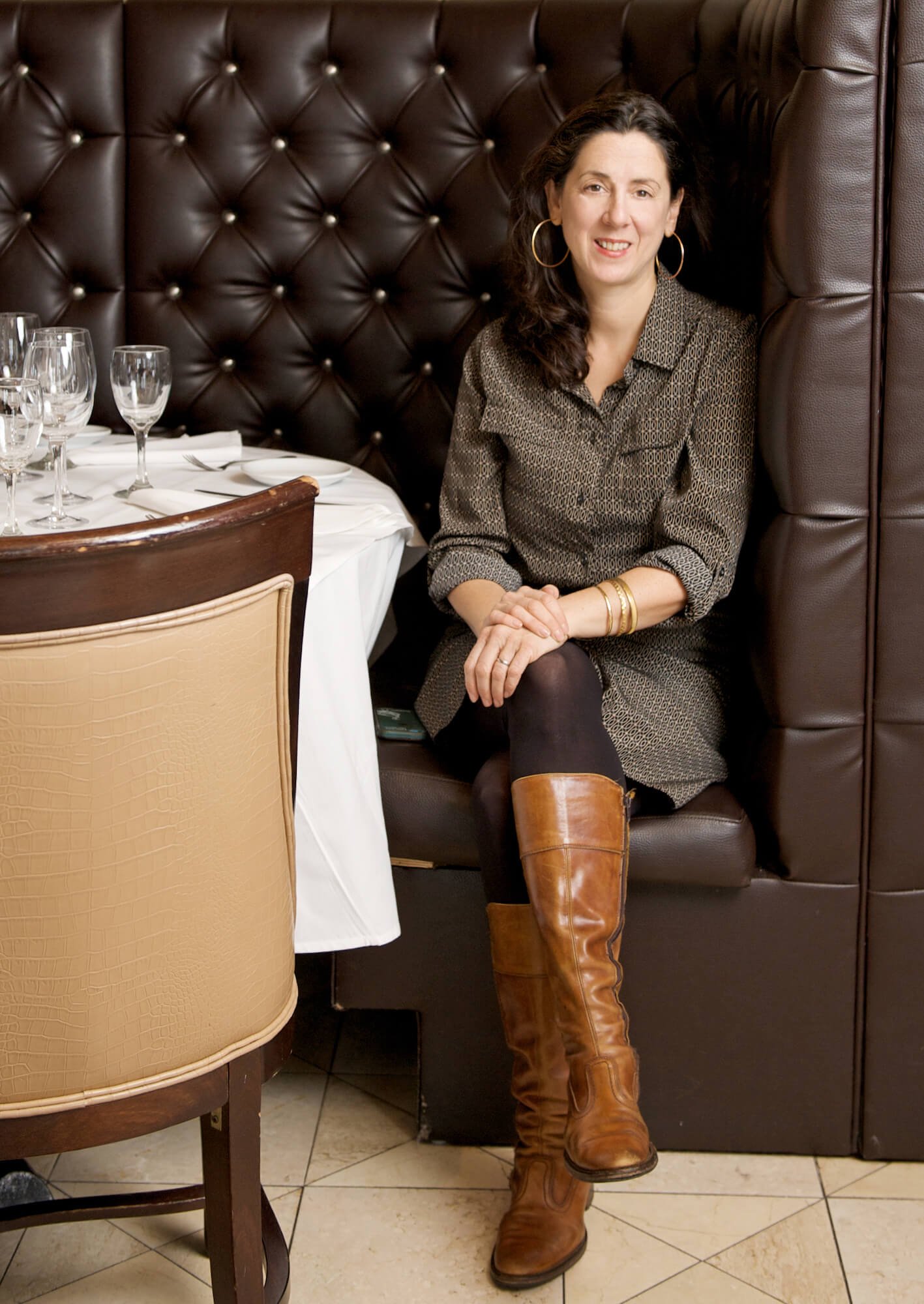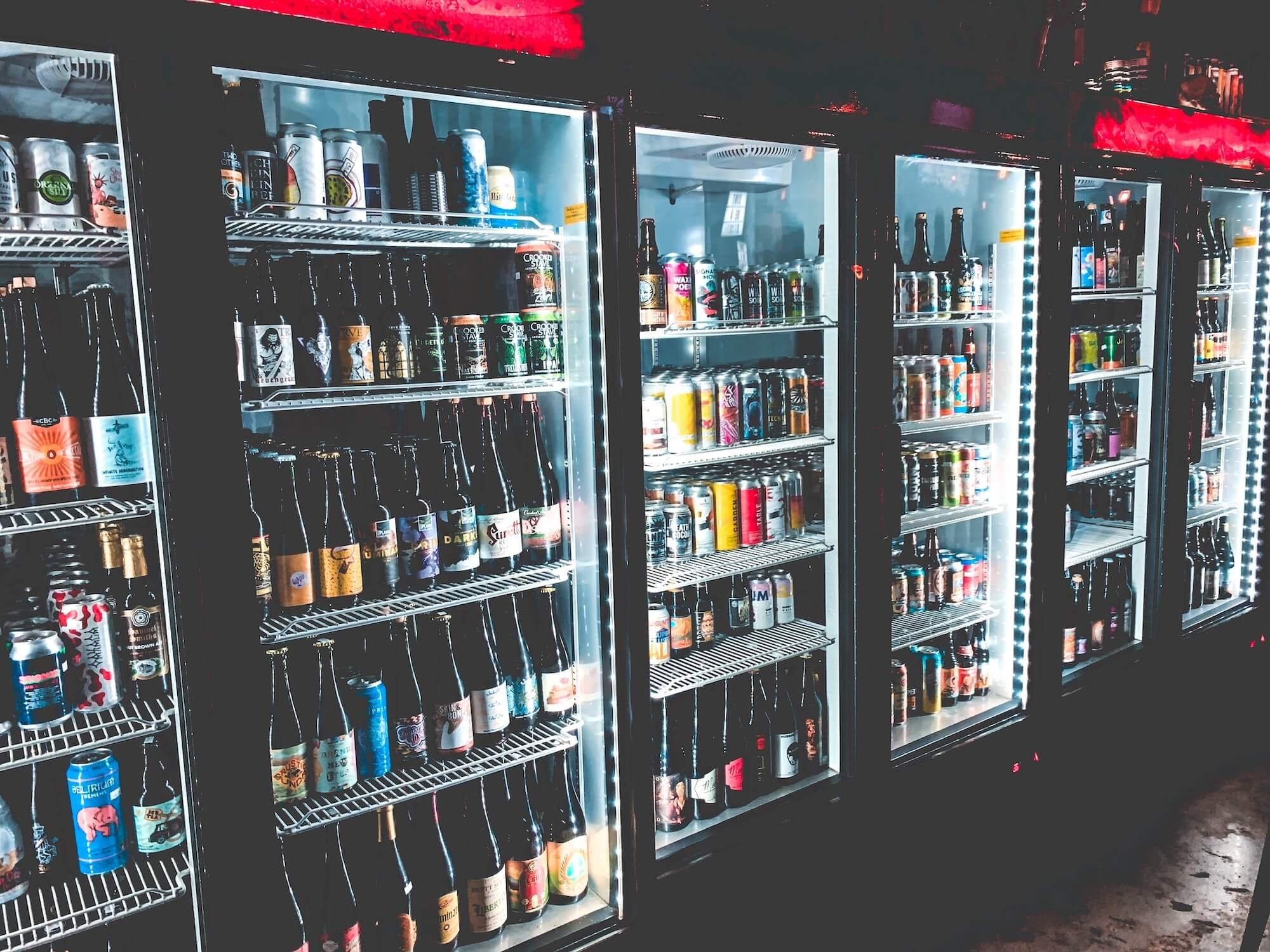The Next Big Sip: 5 Post Pandemic Takeaways from Liquor Industry Visionaries
Amy Zavatto, wine and spirits journalist, Alcohol Professor contributor, and moderator of this year’s Les Dames d’Escoffier New York’s “The Next Big Sip” offered an Alice Walker quote to kick things off: “The most common way people give up their power is by thinking they don’t have any.” It was a fitting start to an event hosted by LDNY, a non-profit organization led by, and empowering, women in the hospitality industry, whose anchor events from year to year include The Next Big Bite and The Next Big Sip, covering trends in the culinary and beverage sectors respectively.
That this year’s The Next Big Sip was held virtually on March 8, just at the point of decline of the latest COVID variant, (and also consequently on International Women’s Day,) was also a fitting setting for the theme of this year’s panel, entitled “The Silver Lining: Revelations in the Beverage World.”
The 4 panelists were industry leaders and visionaries Philana Bouvier, President of wine importer Demeine Estates, Alisa Bowens-Mercado, Brewmaster and Founder of Rhythm Brewing Co, Kara Newman, Spirits Editor of Wine Enthusiast Magazine and author of serval cocktail books, and Lydia Richards, Founder of Hispanics In Wine and Vino Concierge.
Along with the Alice Walker quote, Zavatto offered an initial revelation shared by many in hospitality: “I don’t think it’s overstating it to say that the last 2 years have been really hard and crazy, especially for the beverage industry, but there have been some lasting positive effects.” She then invited this year’s panelists, from their respective corners of the beverage industry, to comment on the particular challenges and opportunities that the pandemic has created. The well-moderated discussion covered a bevy of topics, from sexism in the beer industry, to whether to-go cocktails will have a post-pandemic life, to whether millennials are ruining the wine industry (spoiler alert: they’re not), with several unexpected trends and industry-shifting movements coming to the fore during the pandemic.
Zoom is Here to Stay
Being that the event was itself a Zoom panel, this was of course revelation number one. Despite many people being “Zoomed out” following years of mostly virtual experiences, many of the panelists believe it isn’t going anywhere, and will continue to be an important part of the business model, at least in a hybrid sense, for many types of organizations within the beverage industry.
Zoom was a leveler of the playing field, allowing access and reach beyond what many businesses could hope to do locally. It was especially important for educators and distributors within the beverage sector, though even smaller businesses such as wineries and breweries had an opportunity to engage with more consumers because of Zoom and will not necessarily give that up even while tasting rooms and bars reopen.
For Lydia Richards, of Hispanics in Wine and Vino Concierge, the opportunity to connect via Zoom was especially empowering, as she saw an uptick in enquiries from around the globe from Spanish-speaking countries, as Zoom also helped to normalize seeking resources from further afield. “People wanted to learn about wine from somebody who looked like them,” said Richards. “They really started to look at the faces of people who shaped the wine industry.”
Alisa Bowens-Mercado of Rhythm Brewing Company concurred: “We were able to tap into untapped demographics, to get the story of women (and People of Color) in beer out. Break down barriers of conversation and bring people into our world. We got in front of people that we might not otherwise have been able to reach so soon.”
Experience and Authenticity Have Taken Center Stage
Second to Zoom, this was a revelation throughout the discussion. Two major ways in which the pandemic changed the overall spirit of beverage consumers across categories was that they placed higher emphasis on meaningful experiences—a reasonable response to almost 2 years of being cooped up—and that they were more self-educated and valued story and authenticity, a factor of having had the time to engage and learn about where they were putting their money.
This theme could be seen from how bars were managing their reopenings, to an increased importance placed on sustainability initiatives, to an uptick in sparkling wine sales. “The pandemic created a live-for-today mindset,” said Philana Bouvier of Demeine Estates, “celebrate now, celebrate at home.”
“People are very specific now about what and why they’re buying. We’ve seen a willingness to spend more,” offered Bowens-Mercado. “People will invest in companies, and are willing to spend extra when they value the effort the company has made for something they can support. People are not settling for less anymore.”
The Ready-to-Drink Category Rose to the Occasion
“Chaos breeds opportunity,” said Bowens-Mercado, and the ready-to-drink category was one of the biggest opportunities that businesses saw during the pandemic. A fifth panelist, Robin Epperson-McCarthy of Long Island winery Saltbird Cellars was unable to attend due to (non-COVID) illness, but offered the following intel which Zavatto shared: “RTDs saved my business,” she said, helping to overcome loss of revenue from tasting room visits and on-premise sales.
The RTD category was well underway before the onset of COVID, but alongside to-go cocktails, canned, bottled, or pouched offerings of all kinds saw huge growth, and show no signs of slowing. In fact, according to Zavatto, RTDs are poised to double in sales this year.
“I think we’re going to see it shake out,” said Kara Newman, of Wine Enthusiast. “A lot of distilleries moved to add RTDs to their portfolio. Bartenders who weren’t working came out with their own, and some of those were the most interesting ones, in my opinion.”
While RTDs were ways for businesses to create income streams in the face of closures, there is also hope that a post-pandemic climate and a potentially cluttered category will naturally weed out those that are less remarkable. “There’s a lot of stuff that’s really not so good,” said Newman, “and I think it’s time for stuff that’s really great to shine.”
Millennials are Driving Consumer Trends
Throughout the discussion, the panelists joked about trying to avoid using the “P” word—“pivot,” although another word that has previously had negative connotations in the beverage world really became a powerful one in the last couple of years: Millennial.
“The millennial generation has actually made us think better,” said Bouvier. “The marketing has to be cleaner, you have to be more authentic in your messaging, and you have to be able to back it up because you will get researched. You have to make sure that your message is on-point, and you have to hire and recruit diverse.”
Millennial drinkers are the driving force behind many of the trends outlined during the discussion: the aforementioned experience and authenticity factor, along with a rising interest in natural and orange wine, lower ABV selections, and a general feeling of bringing wellness into the beverage sector. The feeling among the panelists was that generally, this is a positive thing.
Social Justice is a Necessary Part of Doing Business
As the pandemic went hand-in-hand with an extended period of social unrest, conversations about transparency and advocacy were also central to the discussion. “Injustices have always been there,” said Richards, “but they felt stronger during the pandemic.”
Several initiatives that the panelists either participated in (or founded,) grew during, or directly out of the pandemic, including Richards’s Hispanics in Wine organization, Bowens-Mercado with Change in the Air Festival highlighting Black brewers, and Bouvier with the Dream It Live It inclusivity campaign through Demeine Estates.
Bouvier had also recently changed jobs herself directly because of her involvement with the Be the Change Job Fair, a diversity hiring fair that she co-founded, ultimately moving to Demeine Estates where she felt she could make a bigger difference from the importer for which she had previously worked. “I learned that my values had changed and it was time for me to make a move,” said Bouvier, “When you work for a machine, when you’re at the table, are you affecting the culture as much as you could?”










